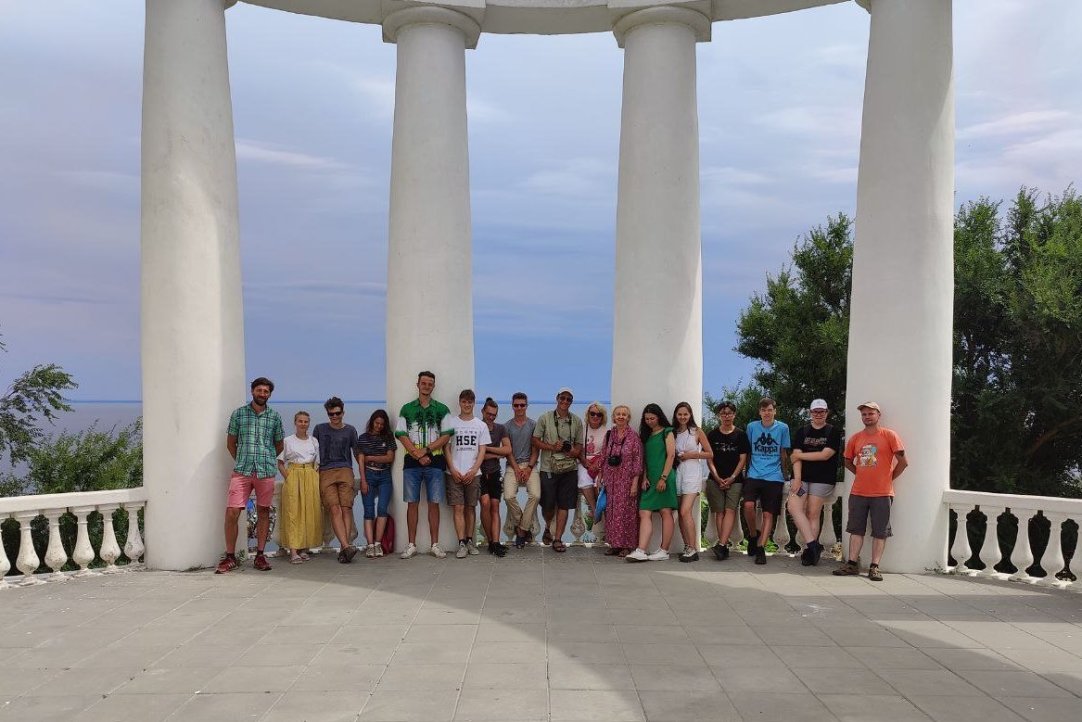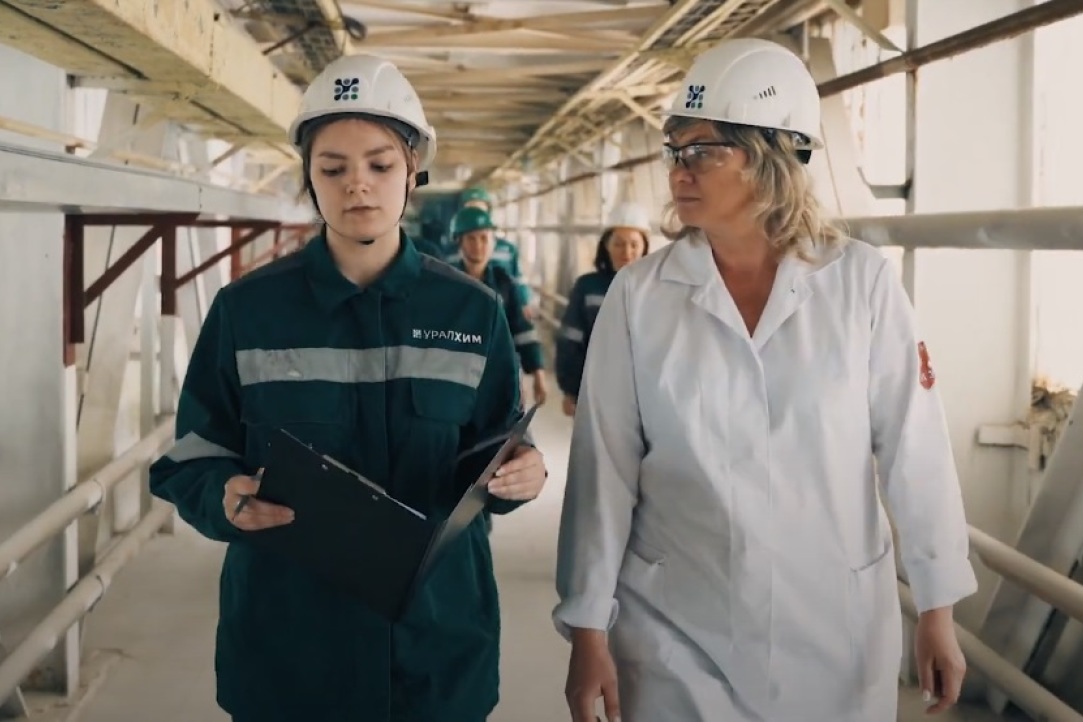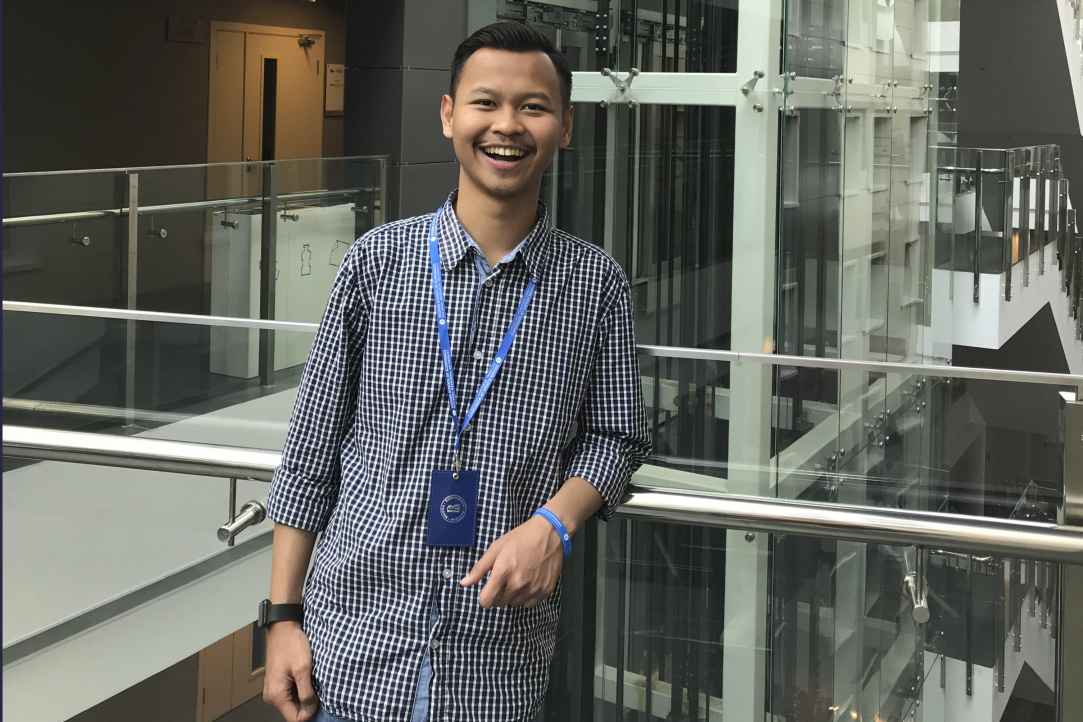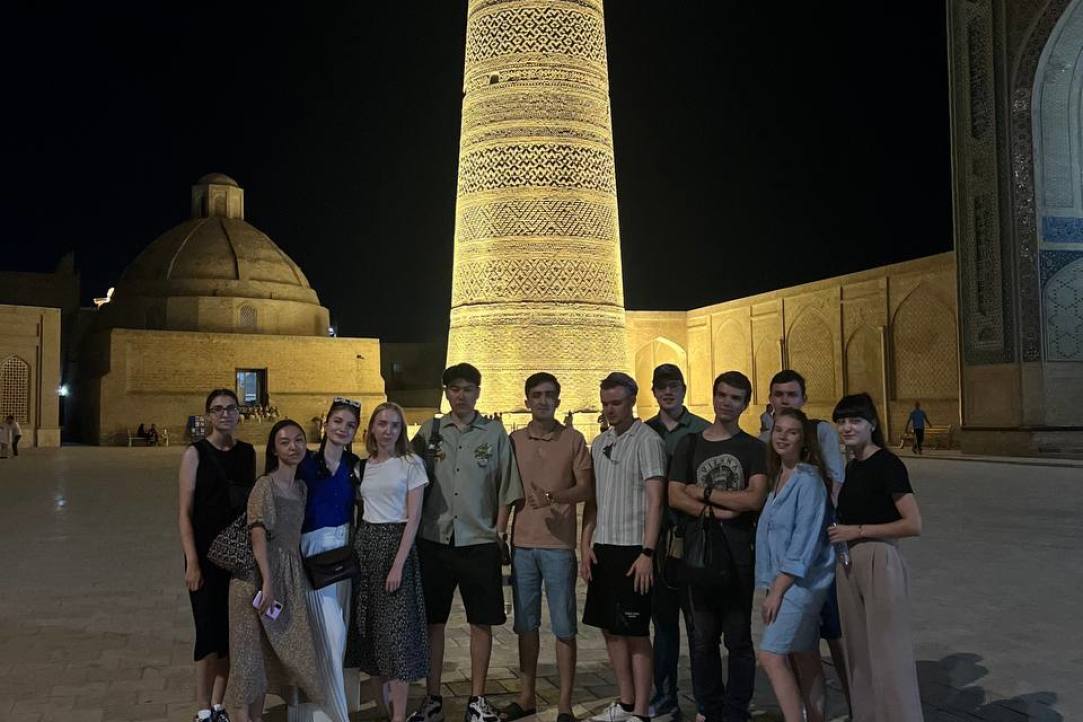
Satanism, According to Science: How Sociology Explains the Worship of Dark Forces
The concept of Satanism originating from Roman Catholic sources continues to lack a rigorous social science interpretation. Satanism is sometimes believed to be a reflection of real-life problems faced by society and is sometimes considered a phenomenon in its own right that merits serious study. HSE doctoral student Oxana Mikhailova provides an overview of how the concept of Satanism is treated by different sociological theories and offers her commentary.

HSE Researcher Reveals Work Values Held by New Generation of Undergraduates
A large-scale study carried out by Anita Poplavskaya, postgraduate student at the HSE Faculty of Social Sciences’ Department of Economic Sociology, on a sample of 5,000 undergraduates at eight regional universities in Russia reveals the students' prevalent work values. The top five include high pay, interest in one's work, job security, skills match, and career prospects.

Self-organisation and a Comprehensive Research Approach: HSE University Geography Students Complete Field Work
Every summer, HSE University students from various programmes have the opportunity to gain experience in their subject under real conditions. Second-year students of the Bachelor’s in Geography of Global Changes and Geoinformation Technology spent 24 days doing practical work in geoinformation technologies and spatial modelling, 17 of which were spent in the field.

HSE University-Perm Students to Prepare Recommendations on Improving Uralchem Business Processes
Students of the Bachelor’s in Business Administration are working on a project to improve the efficiency of laboratory work at Voskresensk Mineral Fertilizers (VMF). In their six months of working with the company, they have conducted a full study of analytical control schedules, identified the most labour-intensive processes and types of laboratory analysis, and taken part in a poster session in July.

‘I Can't Wait to Learn and to Meet Great People at HSE University’
International students are beginning to arrive at HSE University for the new academic year. Among them are students from Indonesia. Some of them even had a chance to take their parents on a tour of the campus. How does one become an HSE University student? What do the university’s venues have to offer? What is it like to live in Moscow? The new arrivals shared their first impressions with the HSE News Service.

Graduates of Russia’s First Online Master’s Programme in Data Science Talk About Their Studies at HSE University
The English-taught Master's programme ‘Master of Data Science’ run by theHSE Faculty of Computer Science and its industrial partner, Yandex, brings together students from more than 30 countries. The programme is implemented completely online. Among the graduates of the second intake of the programme are Calvin Tee from Singapore and Lyubov Sharaborina from Moscow, Russia.

‘The Project Competition Will Kickstart New Research Collaborations’
HSE University has announced the launch of a project competition in basic science research for intercampus departments of the university. The competition is aimed at supporting research as part of the HSE University Development Programme for the Period until 2030.

HSE University Students Enjoy Uzbek Hospitality at International Summer School in Tashkent
HSE University students have taken part in the ‘Uzbekistan—Land of Tolerance’ International Summer School. The event was held in July in Tashkent at the Mirzo Ulugbek National University of Uzbekistan, a partner of HSE University. The HSE University students shared their impressions of the local sights and hospitality.

'A Neurological Patient's Mental State Can Seriously Affect Their Quality of Life'
World Brain Day is observed on July 22 every year. The HSE News Service asked researchers of the HSE Centre for Cognition and Decision Making about the impact of neurological conditions on mental health, using cervical dystonia (CD) as an example. Ainur Ragimova, Research Fellow of the Centre, discusses current studies into cervical dystonia at HSE University and worldwide and explains how patients' quality of life can be improved by proper treatment.

AI Helps Discover New Space Anomalies
The SNAD team, an international network of researchers including Matvey Kornilov, Associate Professor of the HSE University Faculty of Physics, has discovered 11 previously undetected space anomalies, seven of which are supernova candidates. The researchers analysed digital images of the Northern sky taken in 2018 using a k-D tree to detect anomalies through the ‘nearest neighbour’ method. Machine learning algorithms helped automate the search. The paper is published in New Astronomy.

